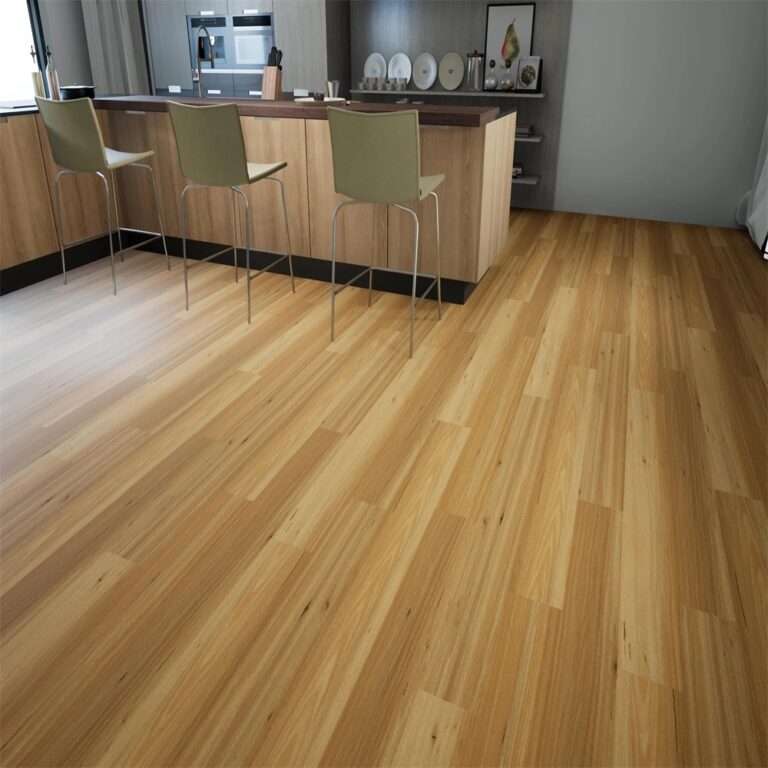When it comes to flooring options, natural stone is often considered a luxurious and timeless choice. Whether it’s marble, granite, limestone, or slate, natural stone flooring can add elegance and character to any space. However, like any other flooring material, it also comes with its own set of advantages and disadvantages. In this article, we’ll explore the pros and cons of using natural stone flooring.

Pros of Using Natural Stone Flooring
- Durability: Natural stone flooring is incredibly durable and can withstand heavy foot traffic and wear and tear. It is resistant to scratches, dents, and stains, making it ideal for high-traffic areas like hallways and entryways.
- Aesthetics: One of the biggest advantages of natural stone flooring is its aesthetic appeal. Each piece of stone is unique, with its own colors, patterns, and textures. This natural variation adds depth and beauty to any room, creating a stunning visual impact.
- Longevity: Unlike many other flooring options, natural stone can last a lifetime if properly maintained. With regular cleaning and sealing, it can retain its original beauty and functionality for decades, making it a cost-effective investment in the long run.
- Heat Resistance: Natural stone has excellent heat resistance, making it ideal for areas with underfloor heating systems. It retains heat well and provides a comfortable surface to walk on, especially during the colder months.
- Easy Maintenance: While natural stone flooring requires regular cleaning and sealing, it is relatively easy to maintain. With the right care and maintenance routine, it can stay looking pristine for years to come.
Cons of Using Natural Stone Flooring
- Cost: One of the major drawbacks of natural stone flooring is its cost. It is typically more expensive than other flooring options, such as laminate or vinyl. The price can vary depending on the type of stone and its rarity, making it less budget-friendly for some homeowners.
- Porosity: Natural stone is porous, which means it can absorb liquids and stains if not properly sealed. This makes it more susceptible to damage from spills, especially acidic substances like wine or citrus juices. Regular sealing is necessary to protect the stone and prevent staining.
- Hardness: While the durability of natural stone is a pro, it can also be a con for some people. Stone flooring can be hard and unforgiving underfoot, which may not be comfortable for everyone, especially those with joint or back problems. Using rugs or mats can help alleviate this issue.
- Installation: Installing natural stone flooring can be a complex process that requires professional expertise. It involves leveling the subfloor, applying adhesive, and carefully laying each piece of stone. Improper installation can lead to uneven surfaces or cracking, so it’s essential to hire experienced installers.
- Weight: Natural stone is heavy, and this weight can pose challenges during installation. It may require additional structural support, especially in upper-level installations, to ensure the floor can bear the load of the stone.
Natural stone flooring offers many advantages, including durability, aesthetics, longevity, heat resistance, and easy maintenance. However, it is important to consider the higher cost, porosity, hardness, installation complexity, and weight as potential drawbacks. By carefully weighing the pros and cons, you can make an informed decision about whether natural stone flooring is the right choice for your home or commercial space.











